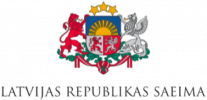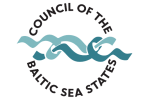The Education, Science and Culture Committee of the Baltic Assembly convened in Tartu, Estonia, on 7 June 2024. The day started with the visit to the Estonian National Museum and its director Kertu Saks introducing the comprehensive permanent exhibition of the museum.
The Committee was welcomed by the Mayor of Tartu Urmas Klaas, who highlighted role of Tartu as Estonian cultural hub and a center for education, science and culture. Mayor Urmas Klaas, a former chair of the Culture Committee of the Estonian Parliament, noted the significance of Tartu holding the title of European Capital of Culture this year, along with 19 municipalities from Estonia, under the concept of “arts of survival”. Kuldar Leis, CEO of Tartu 2024, added that over 1000 events are planned for the year, with active cooperation between Estonia, Lithuania, and Latvia.
Building culture-driven social resilience in the Baltic States
Vice Chair of the Education, Science and Culture Committee of the Baltic Assembly Margit Sutrop emphasized the importance of resilience in the Baltic States, noting that culture is a critical factor in binding past and future generations.
Agrita Ozola, representative of the Baltic Culture Fund in Latvia, explained the mission of the Fund to promote cultural cooperation of the Baltic States. Established in 2019, the Fund supports new and one-off cultural events outside the Baltic States, with each country contributing 100 000 euros annually. Agrita Ozola highlighted the achievements of the Fund, including support for visual and performing arts projects, and stressed the need for increased financing to achieve better results.
Deputy State Secretary of the Ministry of Culture of Latvia Uldis Zariņš discussed the complex topic of social resilience, emphasizing role of culture in fostering social cohesion, shared identity, and values. He noted the policy guidelines of Latvia for social cohesion (2021-2027), which focus on supporting civil society NGOs and cultural NGOs of minorities.
Janina Krušinskaitė, Head of the Creative Sectors and International Cooperation Policy Unit at the Ministry of Culture of Lithuania, added that understanding the role of culture extends beyond activities, highlighting its importance in the resilience of Ukraine and other initiatives such as the Song and Dance festivals and Baltic Amber projects.
Secretary General of the Ministry of Culture of Estonia Kristiina Alliksaar underscored the role of Baltic Culture Fund and the importance of measuring the impact of culture. She cited successful joint events like the Baltic Music Days Festival, which attracted up to 100 000 viewers.
Lars Mejern Larsson, Vice Chairman of the Committee for Knowledge and Culture of the Nordic Council, highlighted the shared challenges faced by the Nordic and Baltic regions. He emphasized the importance of culture as the basis of Nordic cooperation, focusing on gender equality, inclusiveness, and the protection of small languages. Larsson also stressed the need to protect free media and combat fake news to ensure cultural resilience.
Reinforcing cooperation and exchange of best practices in education
The second part of the meeting began by Margit Sutrop discussing the cooperation of the Baltic States in education and emphasizing the need to address the shortage of graduates, skills mismatch, and gender imbalance in STEM fields. She posed several questions to understand the existing level of cooperation and identify gaps.
Docent at the Institute of Educational Sciences at the Vilnius University Irena Stonkuvienė highlighted the historical context of education in the Baltic States and the importance of cooperation despite unique challenges. Director of the Higher Education, Science and Innovation Department at the Ministry of Education and Science of Latvia Diāna Laipniece discussed successful initiatives like the Treaty on the Automatic Recognition of Higher Education Qualifications between the Baltic and Benelux countries and future plans for joint master’s programmes and the Baltic Research Programme.
Head of the Higher Education, Vocational Education and Training Policy and Lifelong Learning Department at the Ministry of Education and Research of Estonia Margus Haidak emphasized the importance of inter-ministerial cooperation and the success of the Erasmus+ and Nordplus programs. He highlighted ongoing efforts to support Ukrainian students and the need for flexible education systems.
Adviser of the Department of General Education at the Ministry of Education, Science and Sports of Lithuania Simonas Šabanovas stressed the importance of STEM education and initiatives to connect businesses, schools, and universities. He highlighted achievements of Lithuania in promoting gender equality in science and technology. Lithuania has established 10 STEM centers with multiple labs to enhance practical learning and reduce inequalities.
Lars Mejern Larsson underscored the vision of the Nordic Council being a leader in knowledge and welfare. He shared insights on the challenges of vocational education regulation and the importance of enhancing STEM education to address declining PISA scores in the Nordic countries. Larsson reiterated the significance of collaboration between the Baltic and Nordic regions to exchange knowledge and experiences for mutual benefit.
The meeting concluded with discussions on the automatic recognition of diplomas, the role of scientific terminology in national languages, and the need for continued investment in education and culture. The participants agreed on the importance of personal contacts and trust in fostering cooperation and the need to adapt to emerging challenges such as AI and evolving education needs.
The Education, Science and Culture Committee of the Baltic Assembly expressed its commitment to strengthening cultural and educational ties among the Baltic States, ensuring resilience through shared values and cooperation.
Photos
© Maanus Kullamaa and Secretariat of the Baltic Assembly
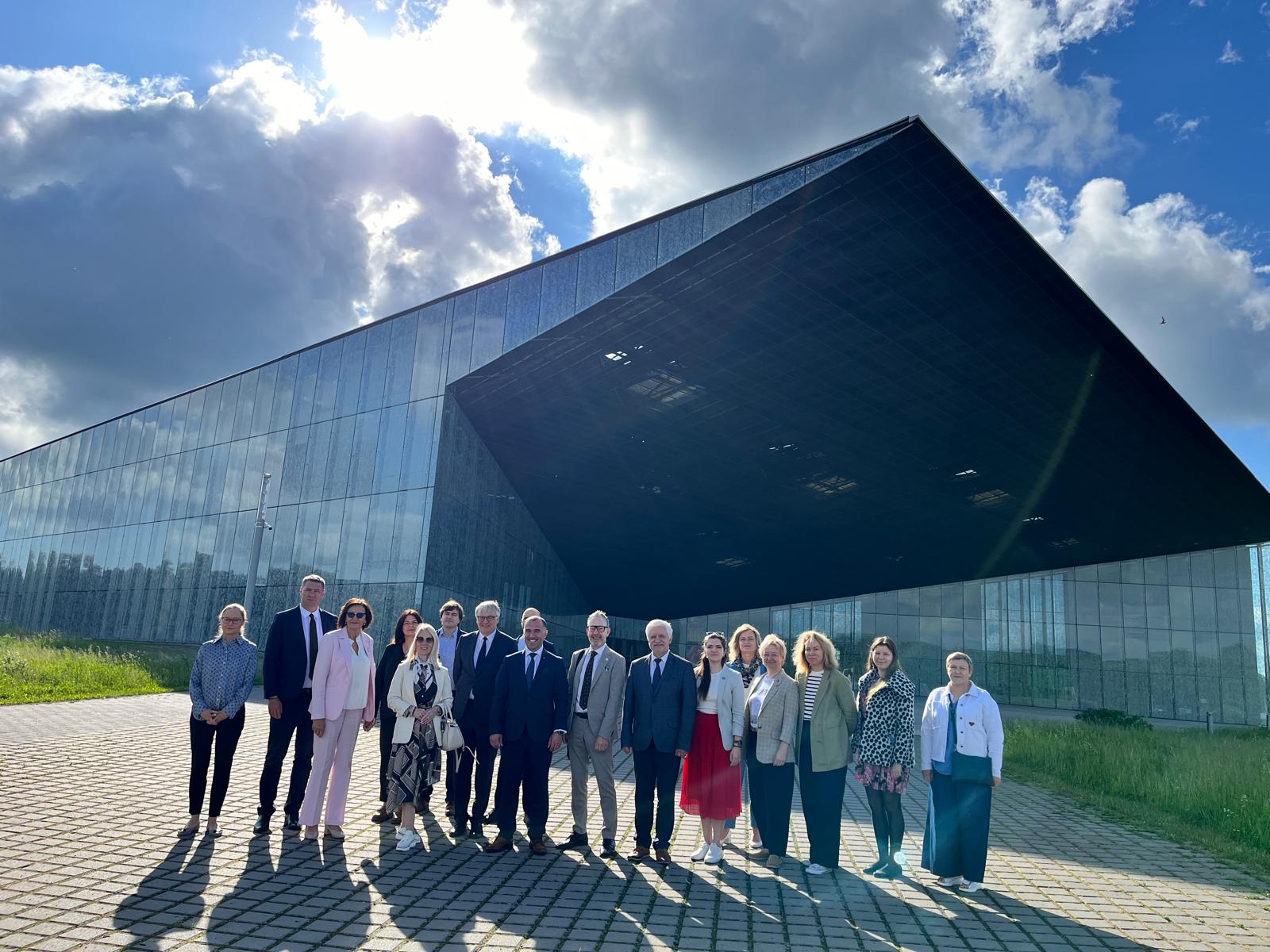
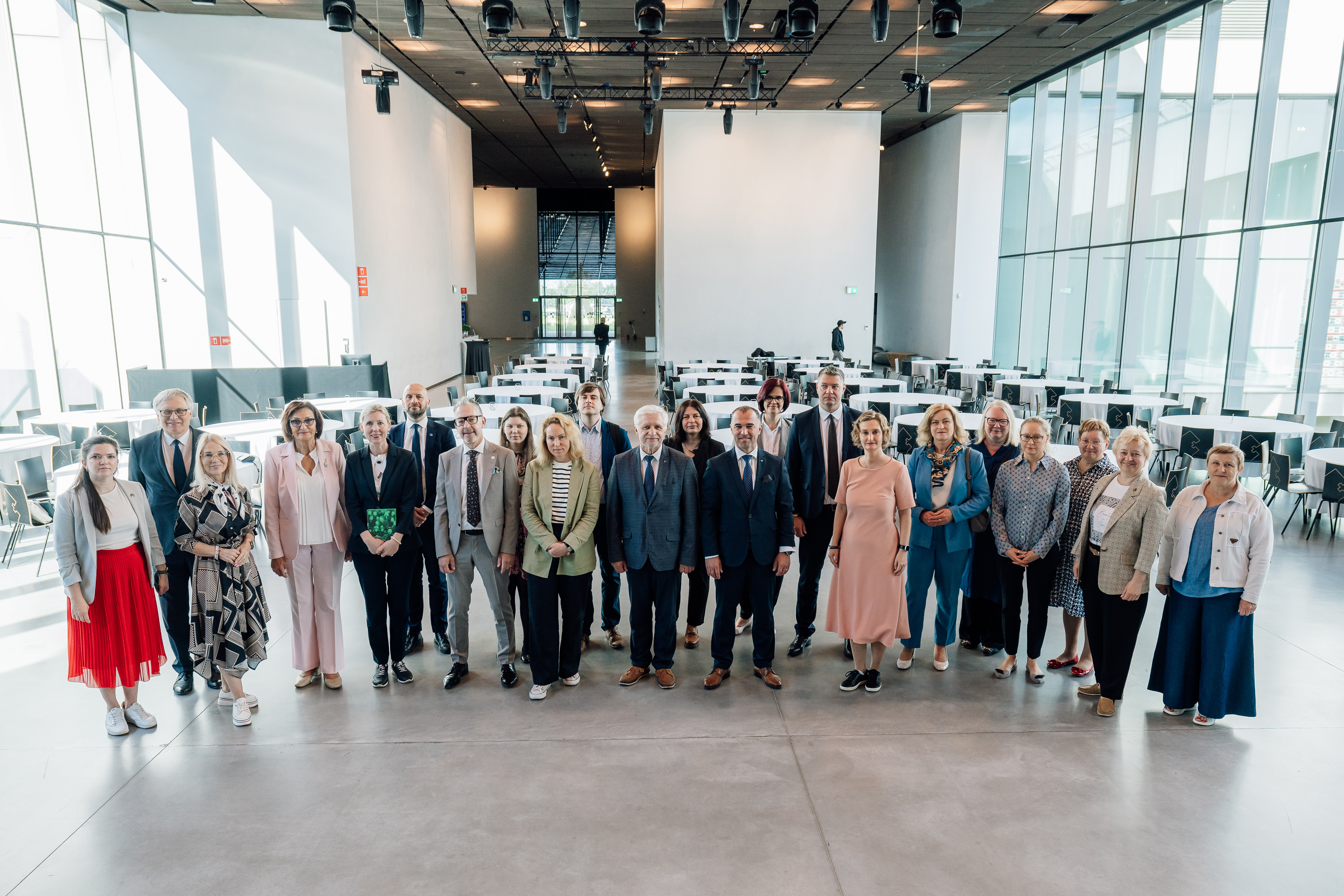
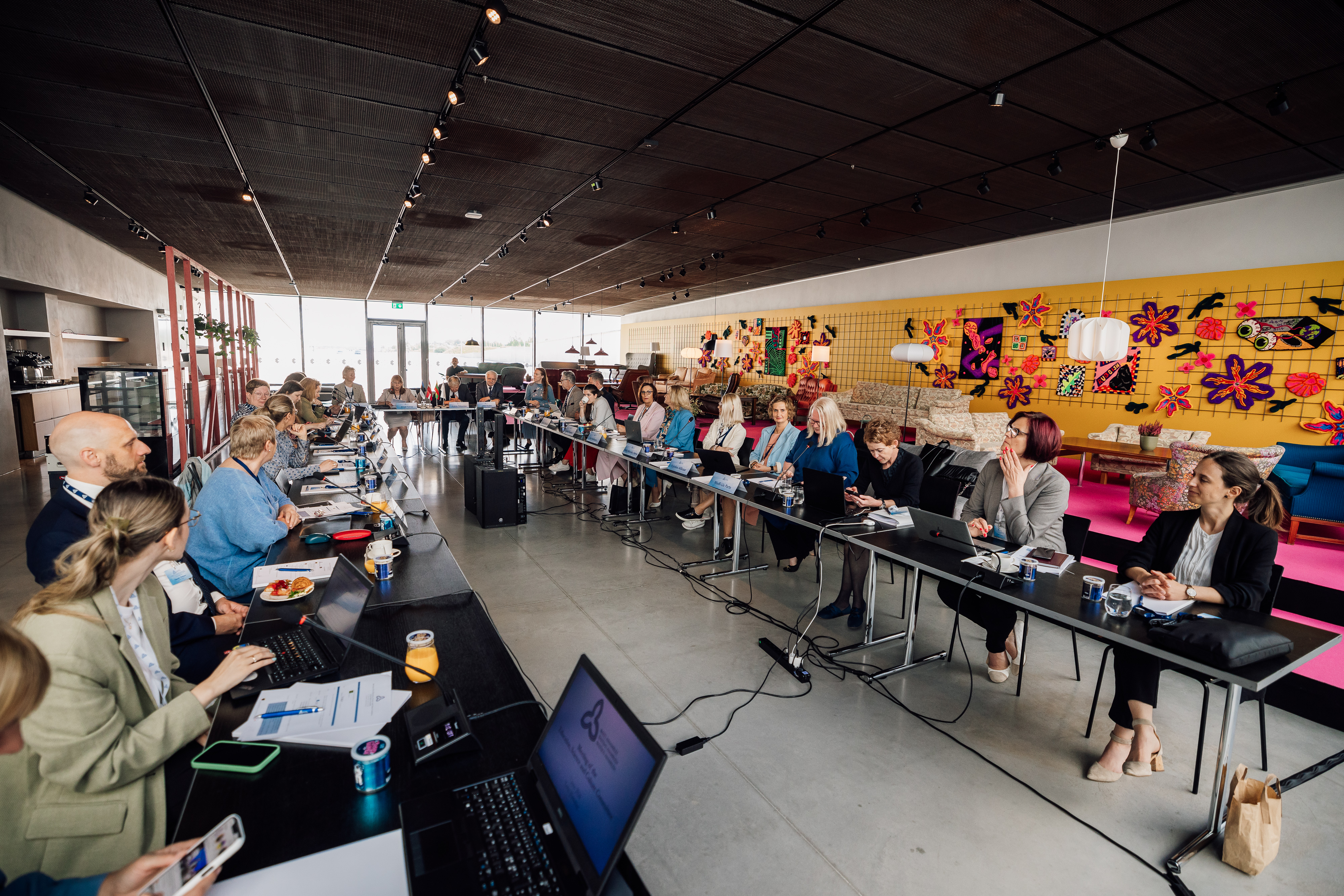
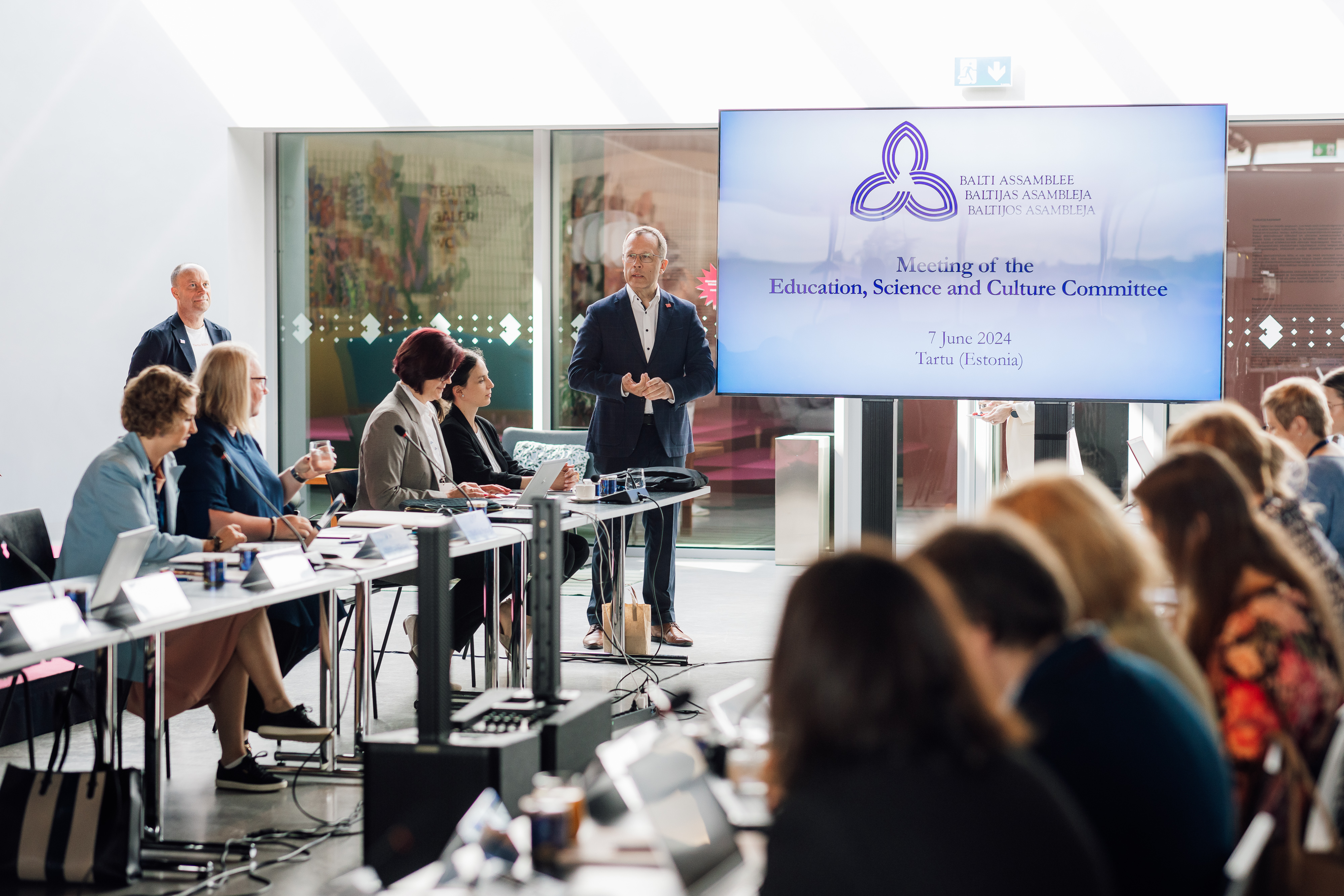
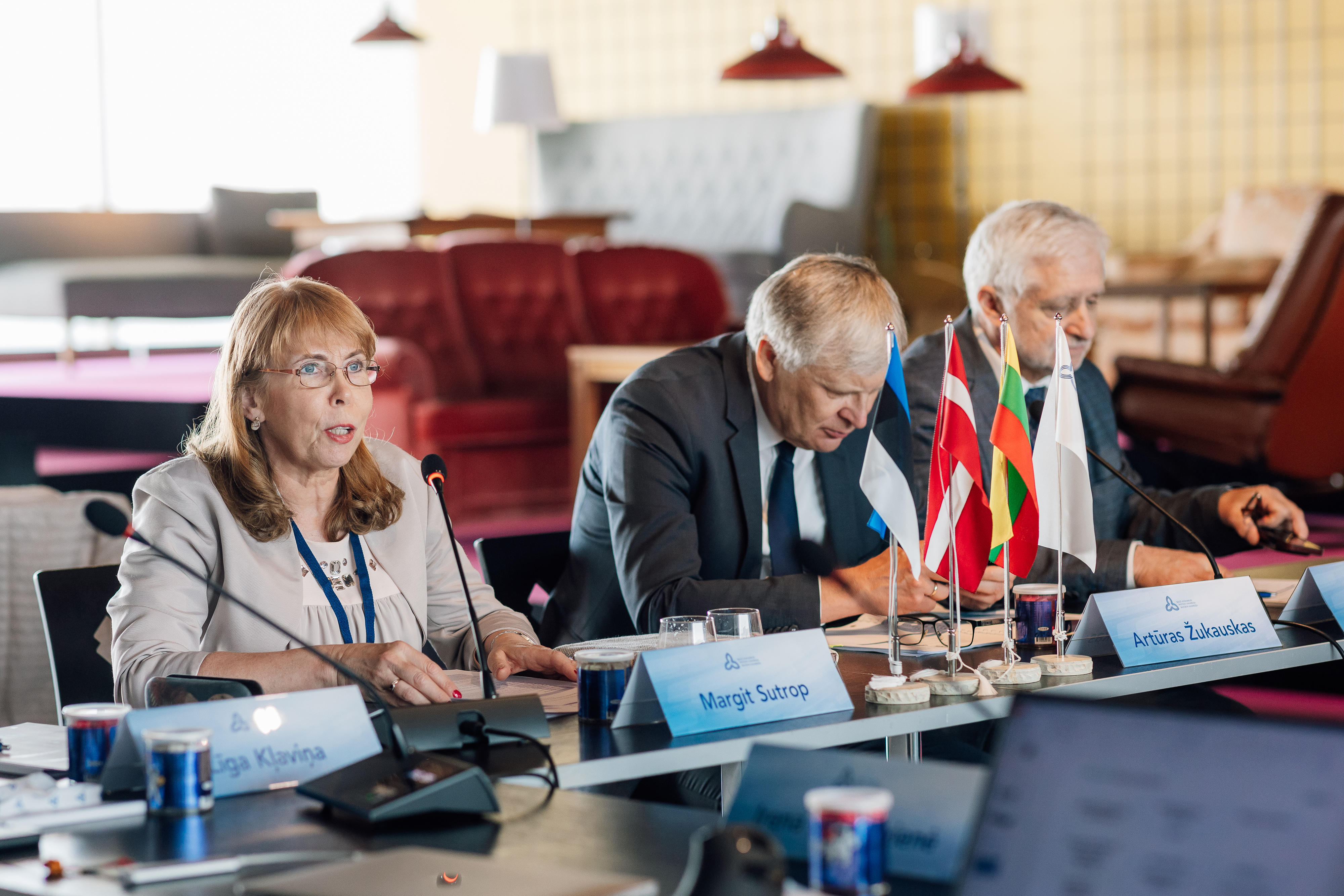
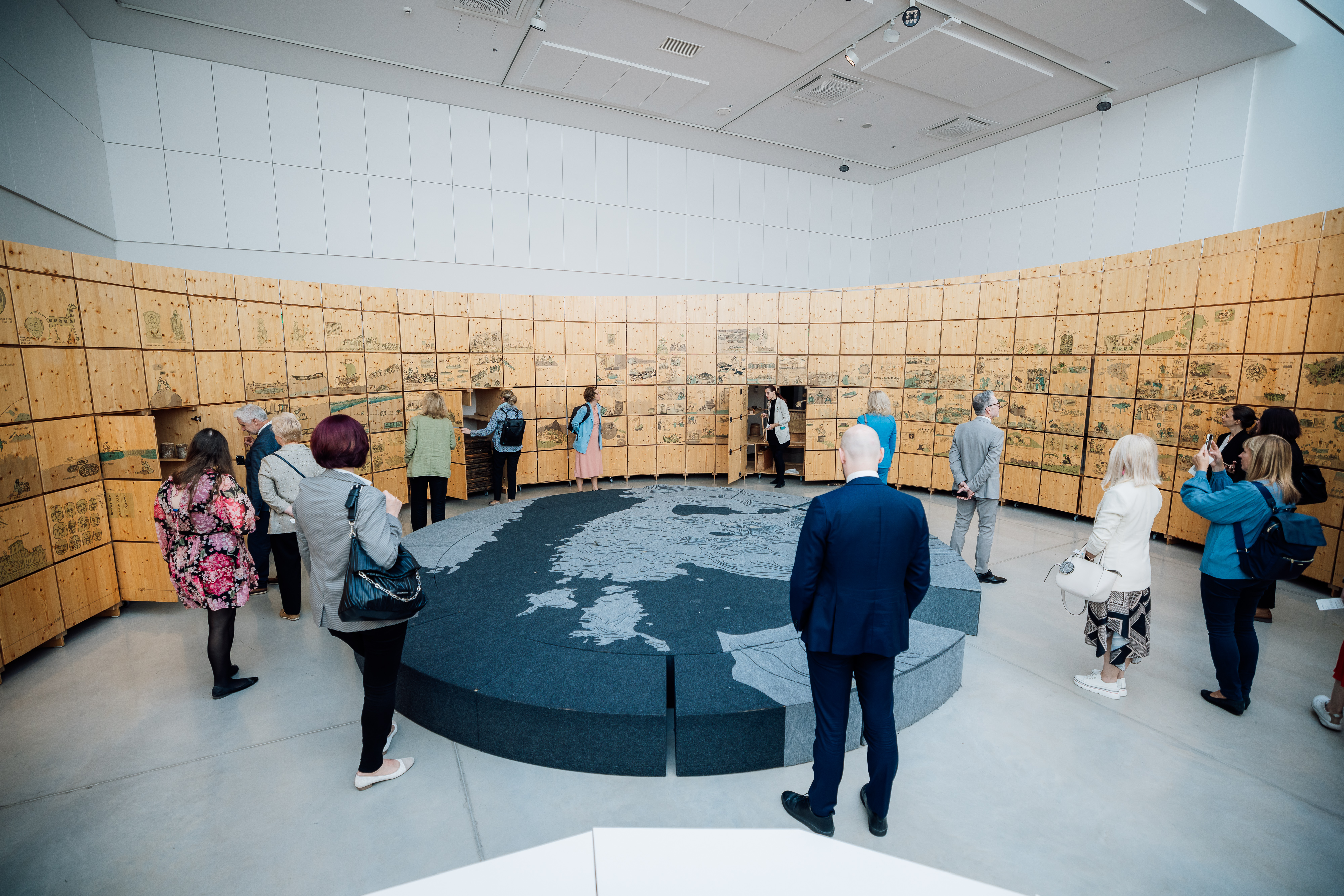
 Print
Print 

